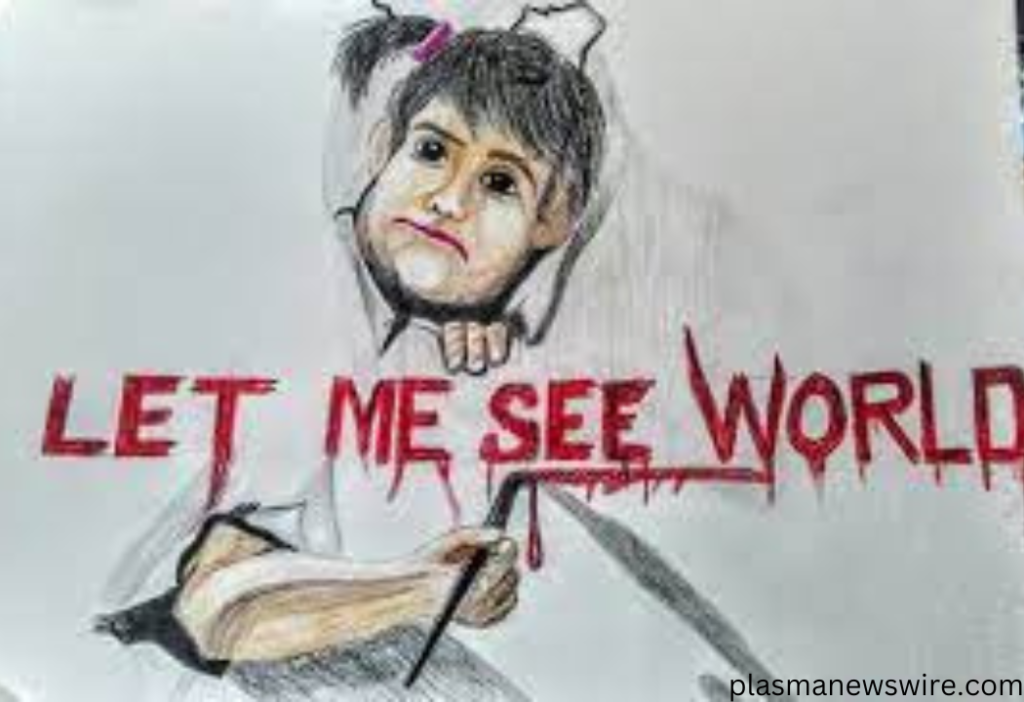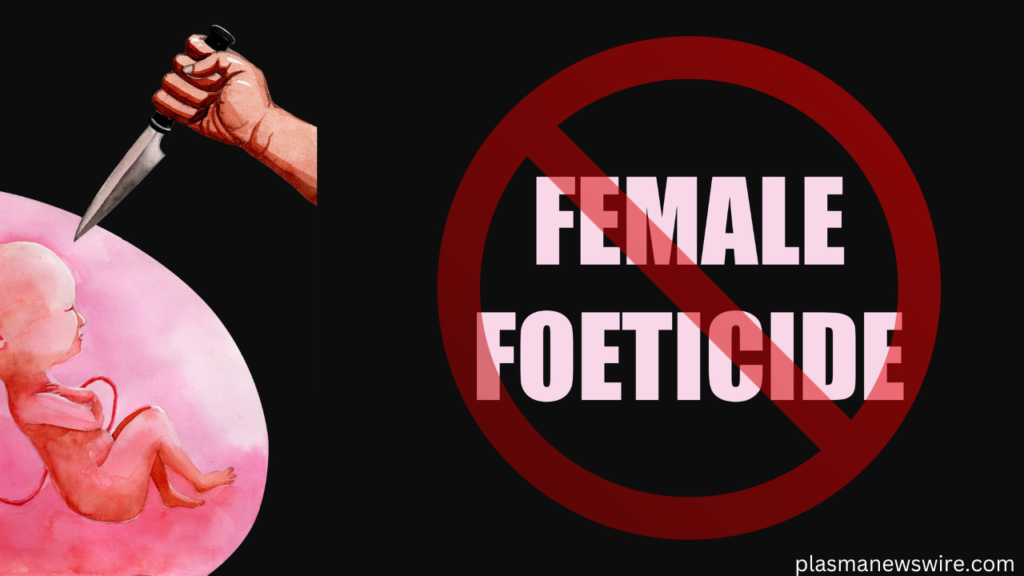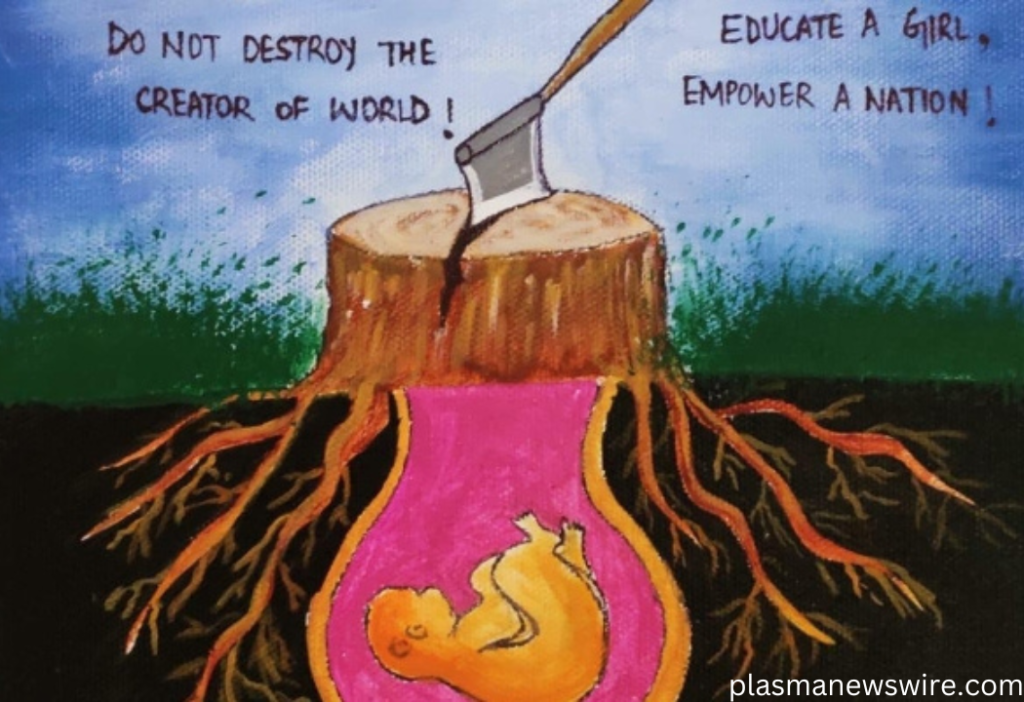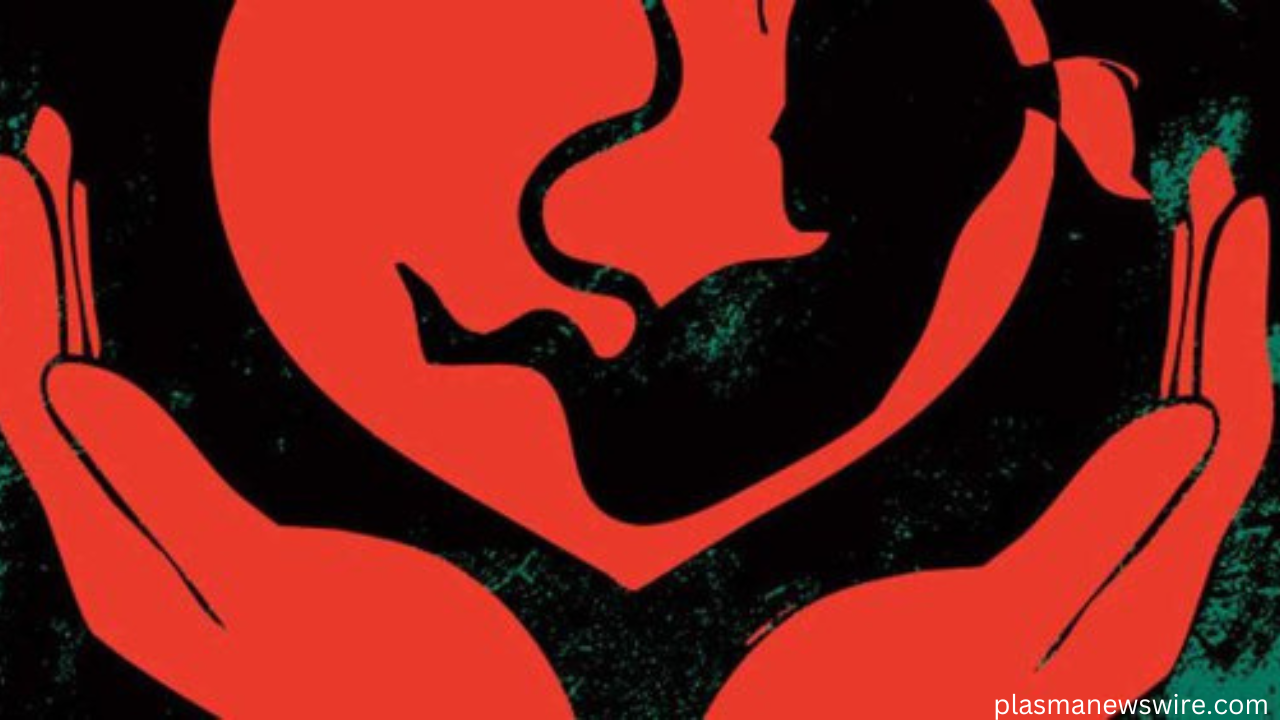Female foeticide is a heinous practice that involves the selective abortion of female foetuses, predominantly driven by cultural biases and a preference for male offspring. This deeply rooted social issue has persisted for centuries, posing a significant threat to gender equality and the overall well-being of societies. The ramifications of female foeticide are far-reaching, affecting not only the demographic balance but also perpetuating harmful stereotypes and reinforcing patriarchal norms.
Female Foeticide: Historical Context
The roots of female foeticide can be traced back to historical and cultural norms that favoured male heirs over female progeny. In many societies, a male child was perceived as the carrier of the family lineage, responsible for carrying forward the family name and inheriting property. This preference for male heirs created an environment where the birth of a girl was often viewed as a burden rather than a cause for celebration.
Female Foeticide: Causes
Gender Bias
Gender bias lies at the core of female foeticide. In societies where the male child is considered more valuable, families may resort to sex-selective abortions to ensure the birth of a male heir. The deeply ingrained belief in the superiority of males perpetuates this bias, leading to the systematic elimination of female foetuses.
Economic Factors
Economic considerations also play a role in perpetuating female foeticide. In some societies, the burden of dowry and associated wedding expenses is a significant financial strain on families. The prospect of having to provide dowry for daughters can lead parents to prefer male children, as they are perceived as future earners who will contribute to the family income.
Social Stigma
Social stigma surrounding the birth of female children further exacerbates the problem. Families may fear societal judgment and ostracism if they have female offspring, driving them to make the devastating choice of female foeticide in an attempt to conform to prevailing norms.

Female Foeticide: Consequences
Gender Imbalance
One of the most glaring consequences of female foeticide is the skewed gender ratio. This demographic imbalance, where the number of males significantly exceeds that of females, disrupts the natural equilibrium of society. This disparity can lead to social unrest, increased competition for marriage partners, and a rise in crimes such as human trafficking and abduction.
Psychological Impact
Female foeticide has severe psychological implications, not only for the victims but for society as a whole. The devaluation of female life sends a powerful message that women are inferior, perpetuating a cycle of discrimination and low self-esteem among females. This, in turn, hampers the overall development and progress of communities.
Diminished Social Fabric
The practice of female foeticide contributes to the erosion of the social fabric by reinforcing harmful gender stereotypes. It fosters an environment where women are seen as dispensable and reinforces patriarchal norms that limit the potential of half the population. Such attitudes hinder progress and impede the development of an egalitarian society.
Legal Measures
Recognizing the gravity of the issue, many countries have enacted laws to curb female foeticide. Legal measures often include the prohibition of sex determination tests during pregnancy, stringent penalties for those involved in sex-selective practices, and awareness campaigns to educate the public about the consequences of female foeticide. However, effective implementation and enforcement of these laws remain significant challenges.

Role of Education and Awareness
Education and awareness play a pivotal role in addressing the root causes of female foeticide. Promoting gender equality through educational initiatives can challenge ingrained stereotypes and beliefs. Additionally, awareness campaigns can enlighten communities about the value of females in society and dispel myths associated with the preference for male children.

Community Involvement
Community involvement is crucial in tackling the issue of female foeticide. Grassroots efforts, including community dialogues, workshops, and support networks, can empower individuals to challenge traditional norms and foster a more inclusive and egalitarian mindset. Engaging religious and community leaders in advocacy efforts can also be instrumental in bringing about positive change.
Conclusion
Female foeticide is a grave societal menace that demands urgent attention and concerted efforts for eradication. It is a manifestation of deeply rooted gender biases and cultural norms that perpetuate discrimination against women. Addressing this issue requires a multi-faceted approach, including legal measures, educational initiatives, awareness campaigns, and community involvement. Only through a collective and sustained effort can societies hope to eliminate female foeticide and build a more equitable and just future for all.
Always be updated with latest news articles, please visit on our website regularly…

